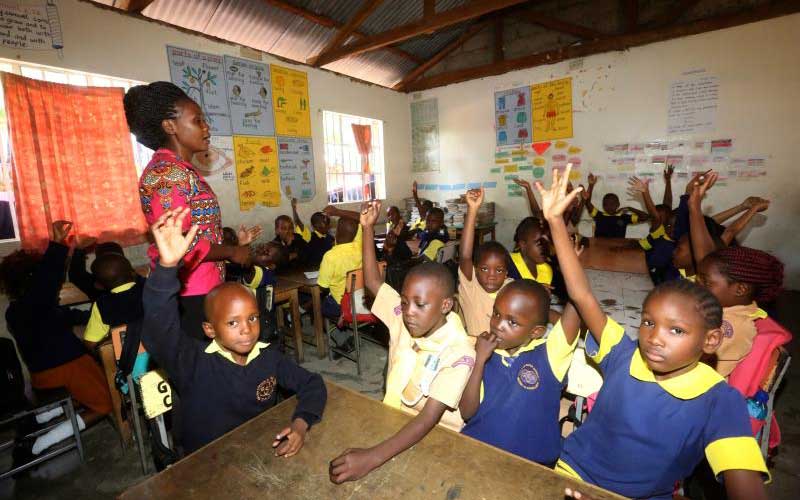×
The Standard e-Paper
Kenya’s Boldest Voice

The news that the P1 course that primary school teachers pursue has been elevated to a diploma programme is most welcome (The Standard, Wednesday, July 10, 2019).
Accordingly, the Government has stopped admission of students to the certificate programme henceforth, meaning up to 20,000 vacancies in both public as well as private teacher training colleges (TTCs) will remain vacant until next year when the first cohort of the diploma students will report.